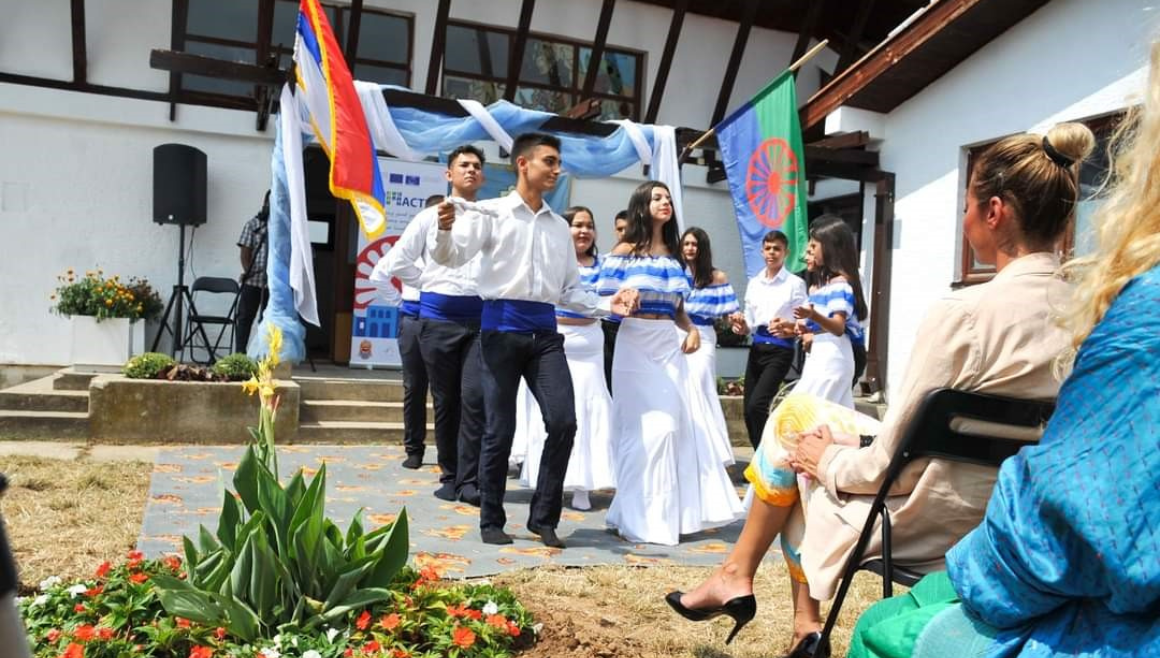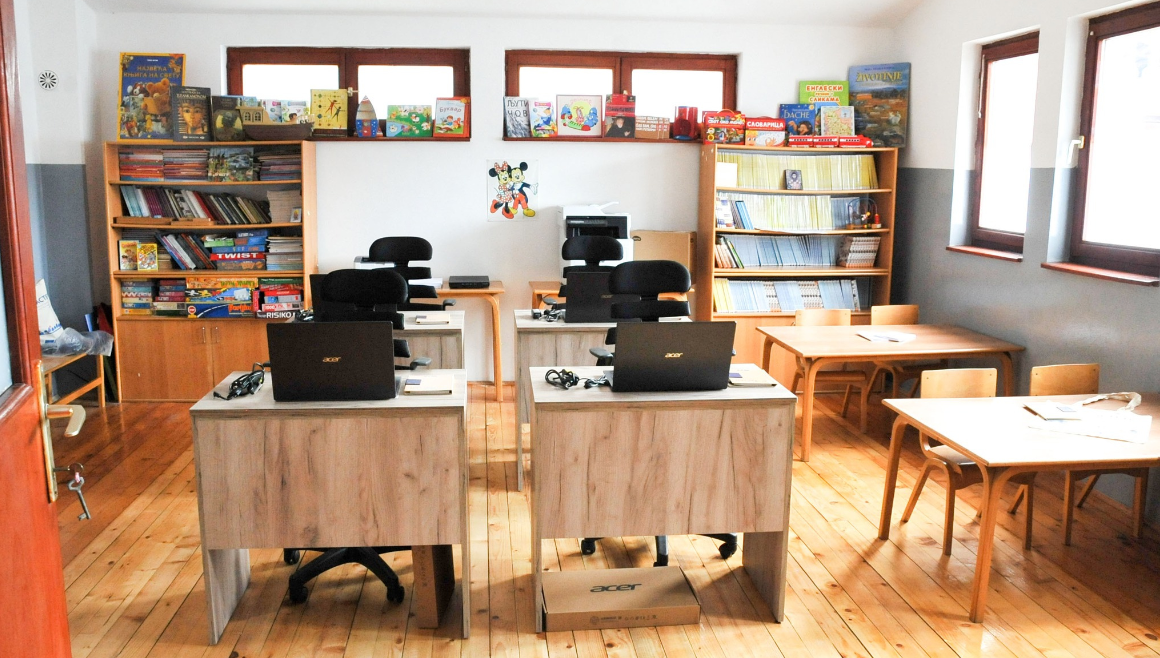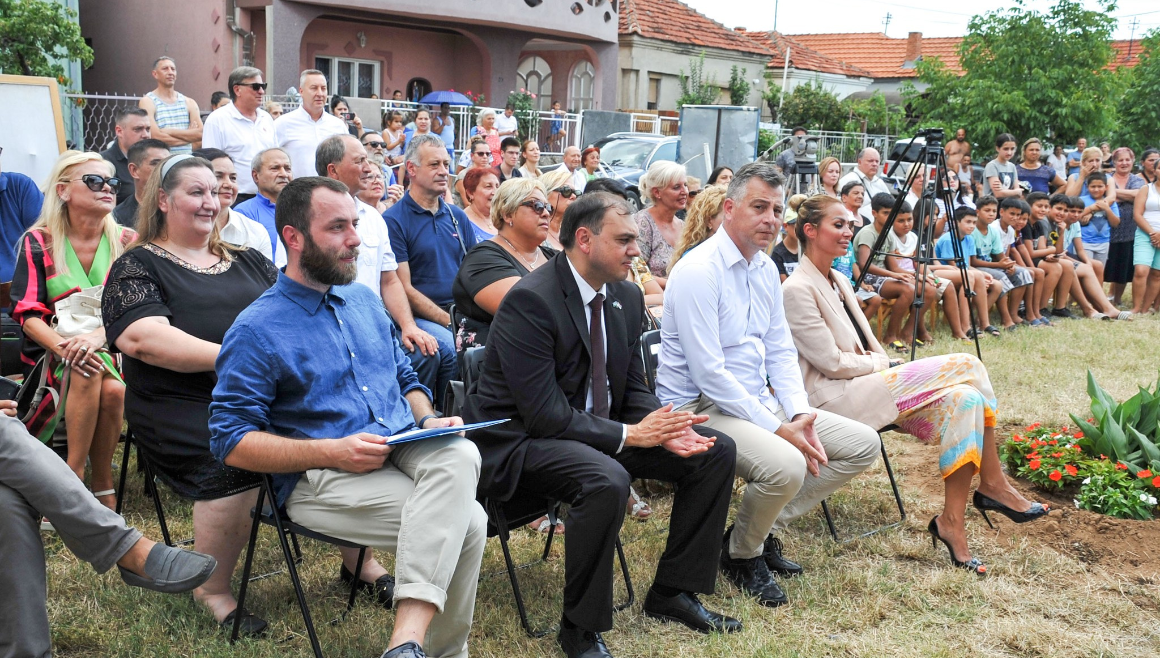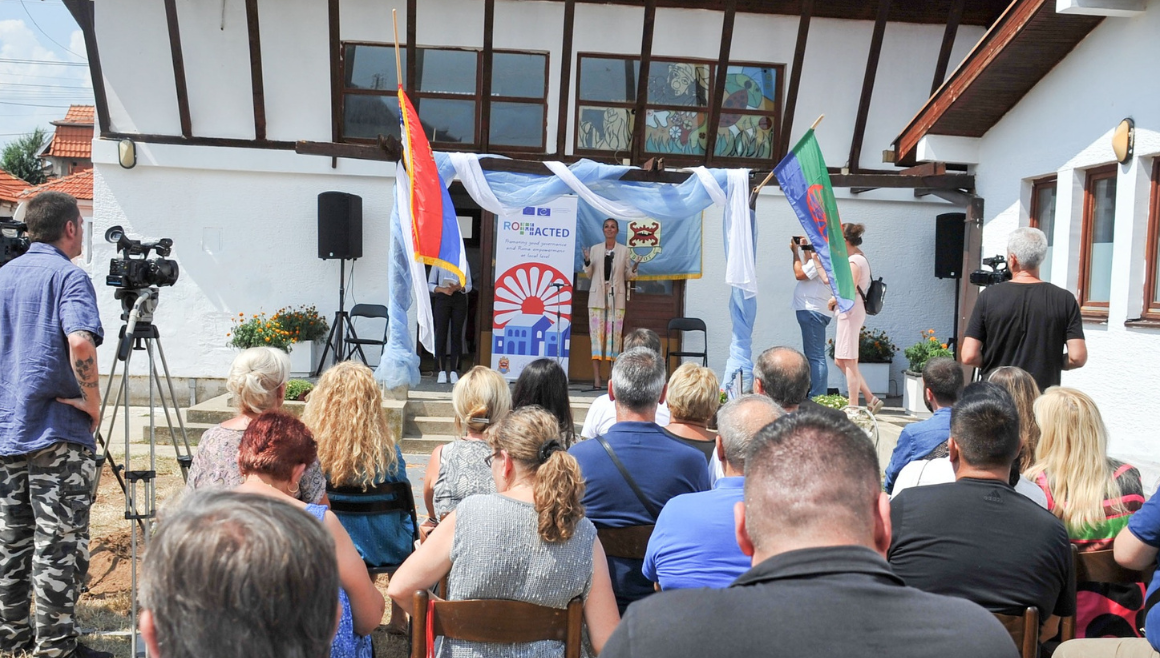PROJECT OVERVIEW
Roma Integration – Phase III is a Joint Project of the European Union and the Council of Europe. It aims to strengthen the capacity of governments in the Western Balkans and Türkiye to effectively address the multifaceted challenges faced by the Roma community through the implementation of comprehensive public policies. These policies encompass critical areas such as housing, employment, civil registration, as well as the green and digital transition.
The project will also assist the progressive implementation in the Western Balkans beneficiaries of the “EU Roma Strategic Framework for Equality, Inclusion and Participation 2020 - 2030”; the 2019 Declaration of Western Balkans partners on Roma integration within the EU enlargement process (Poznan Declaration) and subsequent commitments made by the governments at the annual ministerial meetings and endorsed within the Berlin Process Summits; and progress on fulfilment of Roma inclusion commitments taken under the negotiations Chapter 23. The project will also ensure that the necessary capacity is built at central level for the proper implementation, budgeting, monitoring, and reporting, the reinforcement of the co-operation with local authorities and the progressive alignment with all elements of the EU Roma inclusion policy.
The project will primarily focus on three areas of support:
- Mainstreaming of Roma issues in relevant public policies and the fight against antigypsyism.
- Support to Roma socio-economic integration and Roma equality in the areas of housing, education, employment, health, civil registration, and in the green and digital transition.
- The reinforcement of the institutional capacities of the governments to tackle challenges faced by Roma.
The specific outcomes aimed to be achieved through this project are as follows:
(1) Mainstreaming of Roma issues in relevant public policies and the fight against antigypsyism:
- Antigypsyism is recognised and addressed through legislation, communication tools and institutions.
- Institutional capacities of public servants are built on encountering antigypsyism.
(2) Socio-economic inclusion:
- Employment of Roma is encouraged both in public and private sector including by piloted promising practices and through concrete measures to promote the formalisation of employment.
- Legalization of informal settlements progresses in the Western Balkans and Türkiye is encouraged to be included among the priorities of the central-level governments in close collaboration with the civil society.
- Civil registration is resolved for Roma in need through partnership with the governments, relevant local authorities, and civil society organisations.
- Actions are mainstreamed into the Green Agenda Action Plan for the Western Balkans and the digital transformation agenda.
(3) Institutional capacities:
- Policies and institutional arrangements dealing with Roma issues exist in the region.
- Relevant monitoring, including in the national statistical offices, and reporting mechanisms are developed and properly functioning.
- Budget for Roma planning and reporting is improved in the Western Balkans and Türkiye.
- Regular regional co-operation ensured, and policies mainstreamed in socio-economic spheres, including regional high-priority issues and actions addressing the specific challenges of Roma.
The project will be implemented in seven Beneficiaries: Albania, Bosnia and Herzegovina, Montenegro, North Macedonia, Serbia, Türkiye and Kosovo, with the duration of 3 years (1 May 2023- 30 April 2026) and is co-financed by the European Union and Council of Europe and implemented by the Roma and Travellers Team, Council of Europe.
This initiative represents a continuation of the preceding two phases implemented by the Regional Cooperation Council, co-funded by the European Union and Open Society Foundations. The aim of the Phase III of the project is to further advance the integration and empowerment of the Roma community by addressing critical issues they face.
The project is based on the Council of Europe's Human Rights Approach principles, focusing on participation and inclusion, equality and non-discrimination, accountability, transparency, and access to information.
Contacts of the Roma Integration project team based in Strasbourg:
Marina VASIC, Programme Supervisor, marina.vasic@coe.int
Cristina MARIAN, Senior Project Officer, cristina.marian@coe.int
Fanny Hoertz, Project Assistant, fanny.hoertz@coe.int
Contacts of the Roma Integration Project Officer for Serbia and for Bosnia and Herzegovina
Dragana JOVANOVIC ARIJAS, based in the Council of Europe Office in Belgrade, dragana.jovanovic-arijas@coe.int
Contacts of the Roma Integration Project Officer for North Macedonia and for Montenegro:
Mersiha USEIN, based in the Council of Europe Programme Office in Skopje, mersiha.usein@coe.int
Contacts of the Roma Integration Project Officer for Albania and for Kosovo
Xhesika KORRA, based in the Council of Europe Office in Tirana, xhesika.korra@coe.int
Irena Ordev, Roma Integration Project Assistant, based in the Council of Europe Programme Office in Skopje, irena.ordev@coe.int
USEFUL LINKS
Strategy for Social Inclusion of Roma in the Republic of Serbia 2022-2030
2022-2024 Action Plan for the Implementation of the Strategy for Social Inclusion of Roma in the Republic of Serbia for the period 2022 through 2030
Declaration of WB Partners on Roma Integration within the EU Enlargement Process
Council of Europe Strategic Action Plan for Roma and Traveller Inclusion (2020‑2025)
EU Roma strategic framework for equality, inclusion and participation for 2020 - 2030



Photos from the event are available here.



